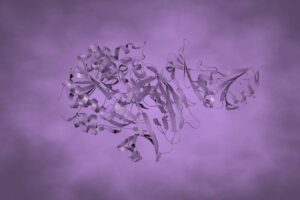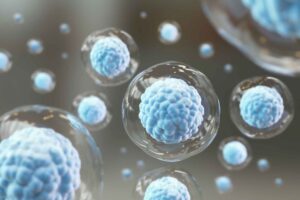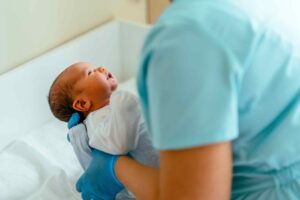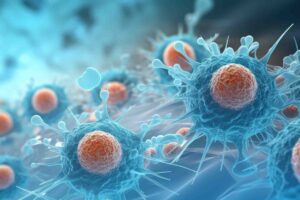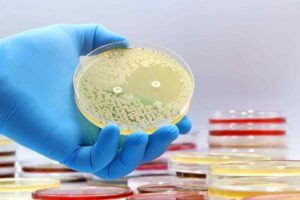Giorgia Guglielmi
Giorgia Guglielmi is a freelance science writer based in Basel, Switzerland. Specializing in life sciences, medicine, and the relationship between science and society, she has published numerous articles in outlets including Nature, Science, and Scientific American. She holds a PhD in biology from the European Molecular Biology Laboratory and a Master’s in Science Writing from the Massachusetts Institute of Technology. She has received recognition for her work, including the John Kendrew Award in 2020 and an ERC-funded FRONTIERS Media Fellowship in 2025. She has also led lectures and workshops on science communication at institutions such as Harvard University and the University of Zurich.
Gastroenterology, Scientific research
The findings suggest that Dau-d4 can supplement current DPP4 treatment approaches for type 2 diabetes.
Gastroenterology
The findings of a recent study may help identify targets for the prevention or treatment of rheumatoid arthritis and other inflammatory conditions.
Gastroenterology
The findings of a recent study suggest that microbial consortia such as MET-2 may be effective strategies to keep intestinal pathogens and antibiotic-resistant organisms at bay.
Immunology, Scientific research
The findings of a recent study uncover how gut microbes may contribute to trigger GVHD, suggesting potential targets for therapies.
Gynecology, Pediatrics
Larger studies with longer follow-ups are needed to assess whether and how VMT influences neurodevelopment.
Oncology
The findings show that bacterial metabolites can sensitize cancer cells to treatment with immunotherapy by boosting the expression of HLA class I molecules.
Pediatrics
Analyzing how different exposures affect the infant gut microbiota could help researchers identify confounding factors and potential microbiota modulators.
Oncology
Understanding how antibiotics influence the microbiota’s impacts on immunotherapy may inform strategies to identify cancer patients that are more likely to respond to cancer treatment.
Gynecology
The findings of a recent study suggest that there is a causal link between the gut microbiota and infertility.
Scientific research
Microbiota-based approaches could help researchers expand the therapeutic toolkit for fighting antibiotic resistance and treating tough infections.
